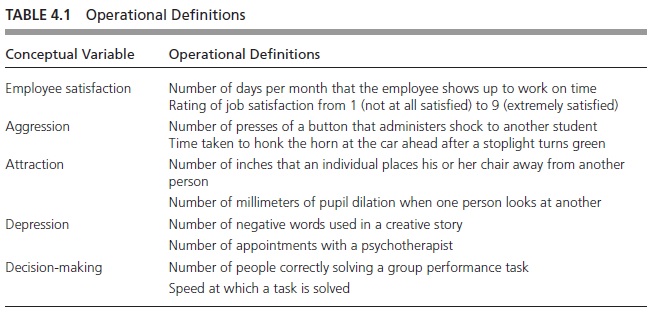
Kite Running Conclusion Since the frigid day in the winter of 1975, Amir had continued to remember the events that occurred on that day and it continued to eat away at him.

The Kite Runner is Khaled Hosseini’s first novel. Born in Kabul, Hosseini draws heavily on his own experiences to create the setting for the novel; the characters, however, are fictional. Hosseini’s plot shows historical realism, as the novel includes dates—for chronological accuracy, including the time of the changing regimes of Afghanistan.

Join Now Log in Home Literature Essays The Kite Runner The Kite Runner Essays Amir’s Quest for Salvation in The Kite Runner Anonymous The Kite Runner “There is a way to be good again” (Hosseini 2). Rahim Khan’s first words to Amir in Khaled Hosseini’s The Kite Runner set in motion Amir’s attempt to mend his scarred past.

Kite Runner - Essay Generalizations. The Kite Runner Introduction: Global Statement (“Hook”): A fundamental aspect of intricate kinship, loyalty within a friendship is a driving force and foundation on which a relationship is constructed, developed, and corrupted. Compelling closeness and loyalty provide the soul with an unmatched unity and comfort in life, and serve as an integral.








